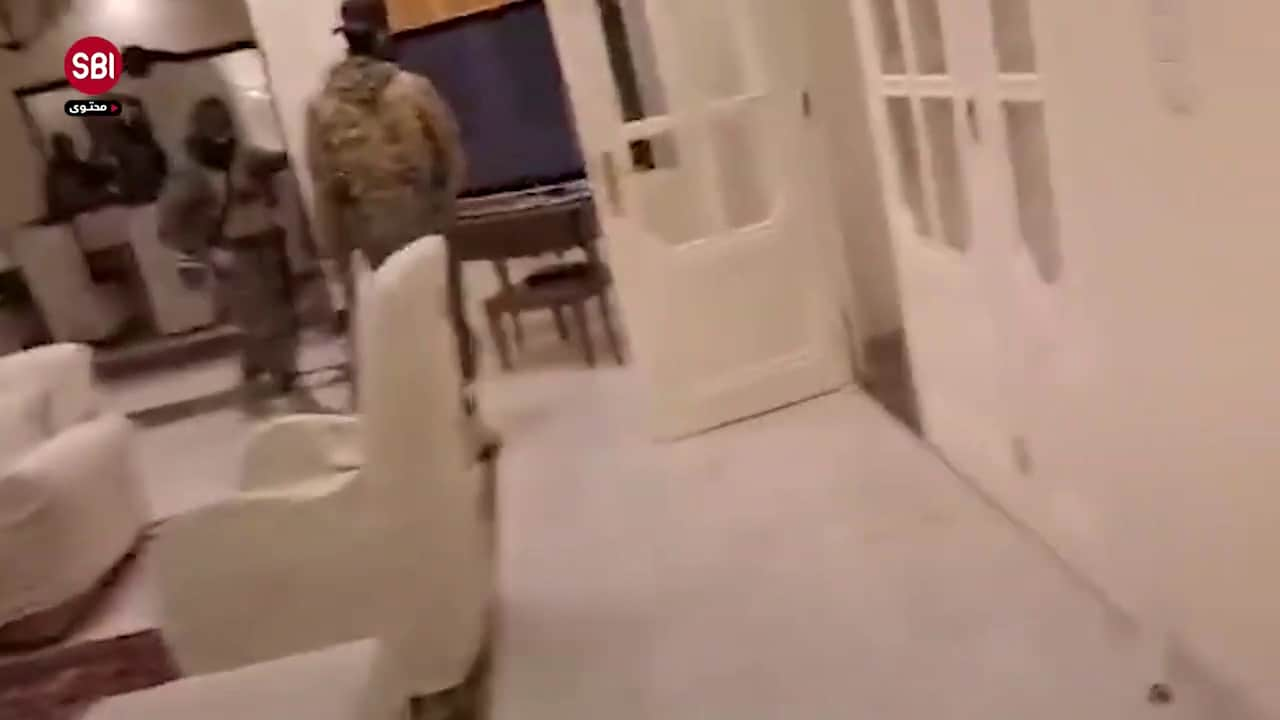
IRGC General Gholamreza Jalali said in a September 27, 2019 interview on Channel 5 (Iran) that the Stuxnet cyber attack on Iran had the positive effect of causing Iran to pay attention to cyber security in its nuclear installations. He said that the nuclear sites experience as many as 50,000 cyber attacks per day, ranging from unimportant viruses that are automatically taken care of by security systems to what he referred to as “cyber weapons,” which he said are advanced viruses that have several encrypted layers, that hide in the computer system, and that gather intelligence or sabotage Iran’s computer systems. General Jalali said that there are less than ten cyber weapon attacks per year and that Iran successfully defends itself from these attacks. In addition, General Jalali reiterated previous statements of his that certain neighboring countries are cooperating with Israel in order to “steal” Iran’s clouds. He clarified that he suspects a “climate war” is being waged against Iran by means of technology that affects the atmosphere and ionosphere.
Following are excerpts:
General Gholamreza Jalali: The American-Israeli cyber attack on Natanz with Stuxnet had a positive effect in our country. It made us pay attention. Since Stuxnet, many attempts have been made to use cyber attacks against our nuclear sites, but none of them have been successful, since…
Interviewer: Can you say when the last attempt was?
General Gholamreza Jalali: This happens to us constantly, on a daily basis. The types of attacks can be categorized. There are those that are not important. They use regular viruses. There are very many of these. Defense systems known as “SOC” are responsible for the security of the system, and they respond automatically. When we do the statistics, we see that there is a large volume [of attacks]. For example, there are days in which there are 50,000 attacks targeting the country. There is a second category – more important viruses. There is also a third category that we refer to as “cyber weapons.” They are completely advanced. A virus and a weapon are very different. Cyber weapons have several encrypted layers. They hide in the system, receive orders from outside, and respond. They have missions such as gathering intelligence and causing destruction. When they receive an order to destroy, they destroy the system. This is what we call a weapon. Since this product is very expensive and requires a high level of skill to produce, There were few cases of these. In one year, we had perhaps no more than seven, eight, or ten cases of serious attacks in this field, and we were able to control and isolate even theses cases.
[…]
Interviewer: You also said something that caused a lot of noise – the issue of cloud stealing. [You said] that certain neighboring countries are cooperating with the Zionist regime and stealing our clouds. Was this really true?
General Gholamreza Jalali: I still completely believe so. Perhaps the proper terminology wasn’t used – such as “cloud stealing” and so forth – but the issue is deliberate climate change. There are in fact tools in the world that can affect layers of the atmosphere and the ionosphere and cause climate change in the world. My demand was for research centers to open a case in this matter and start researching and learning about these changes. This is happening in many places throughout the world. The concept of climate war is addressed in scientific literature, but the literature on the subject is entirely professional. In a scientific conference, I said that I had doubts whether climate change in Iran’s region is deliberate or natural.

















